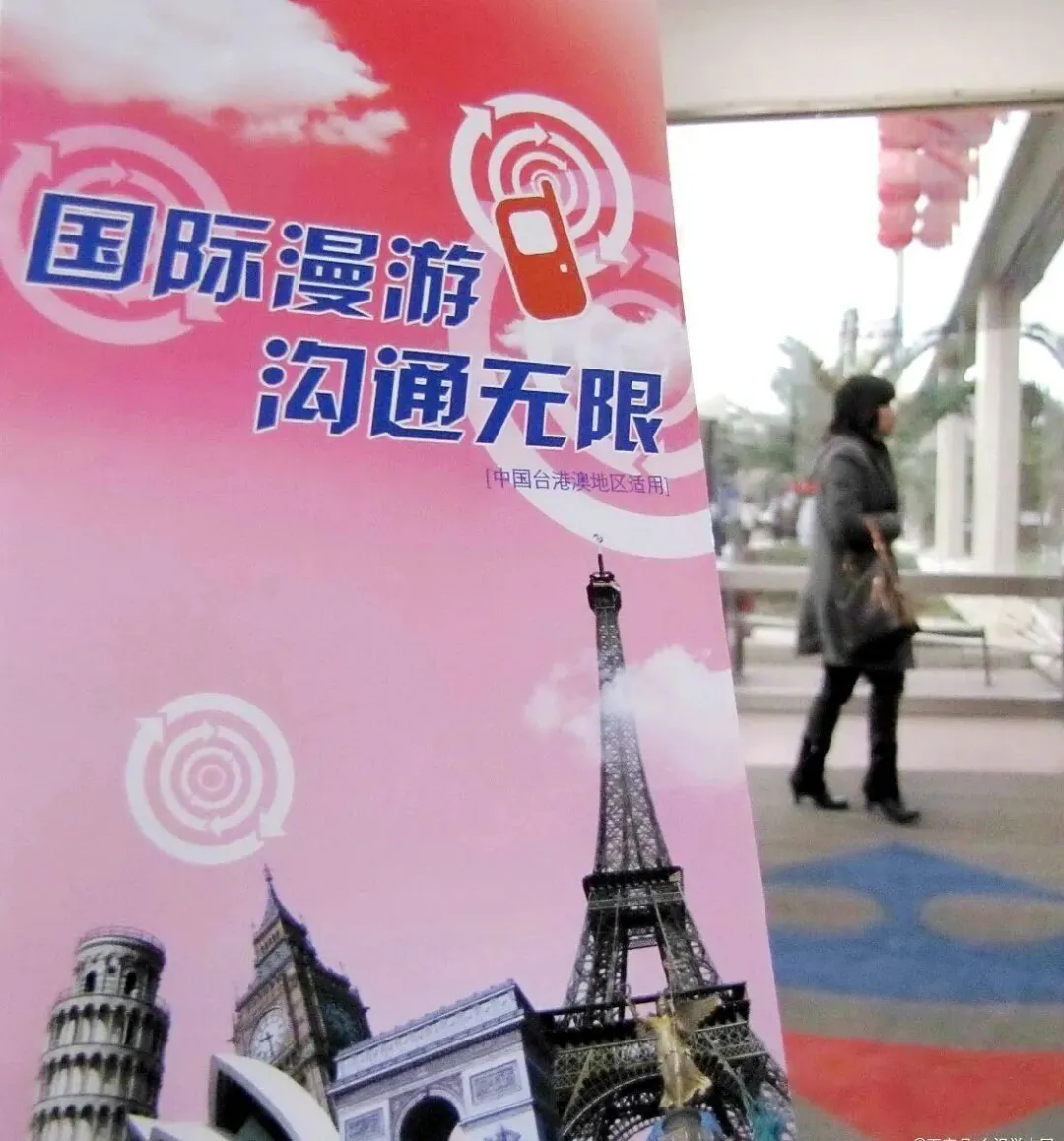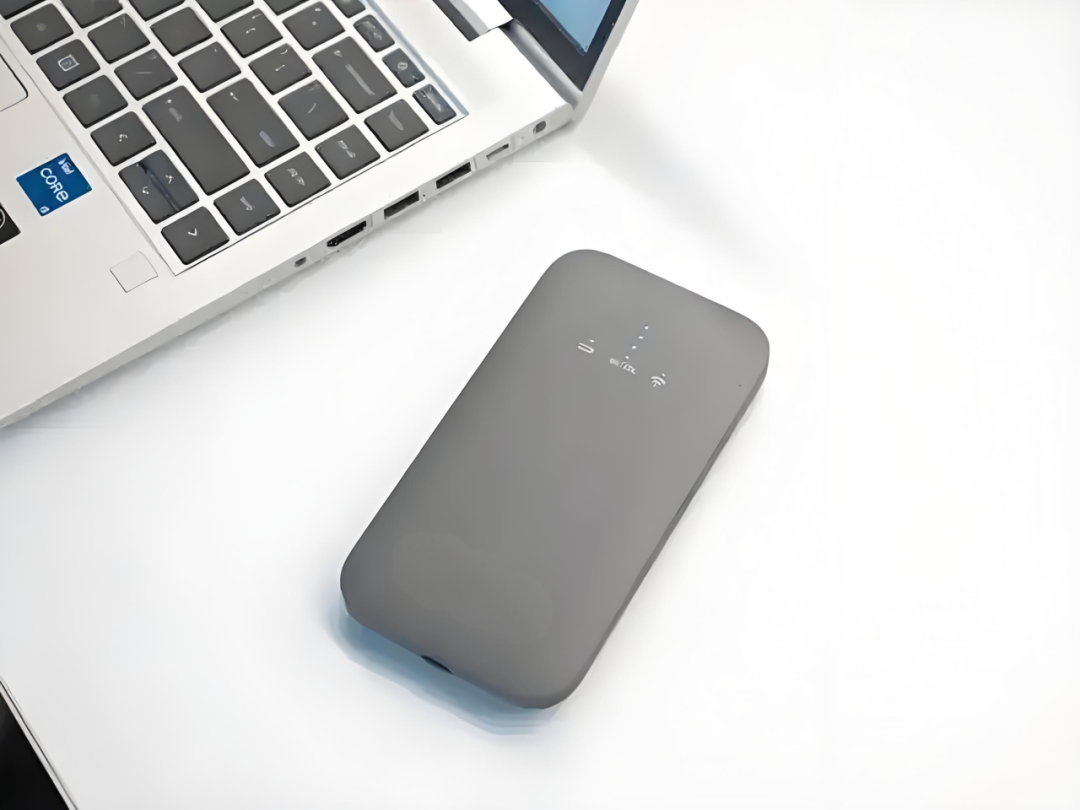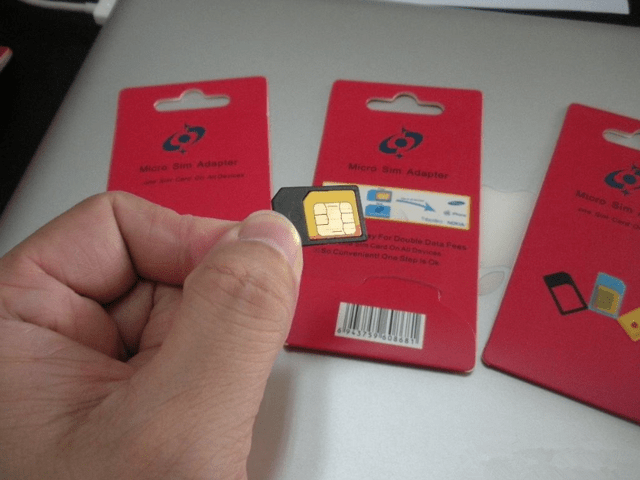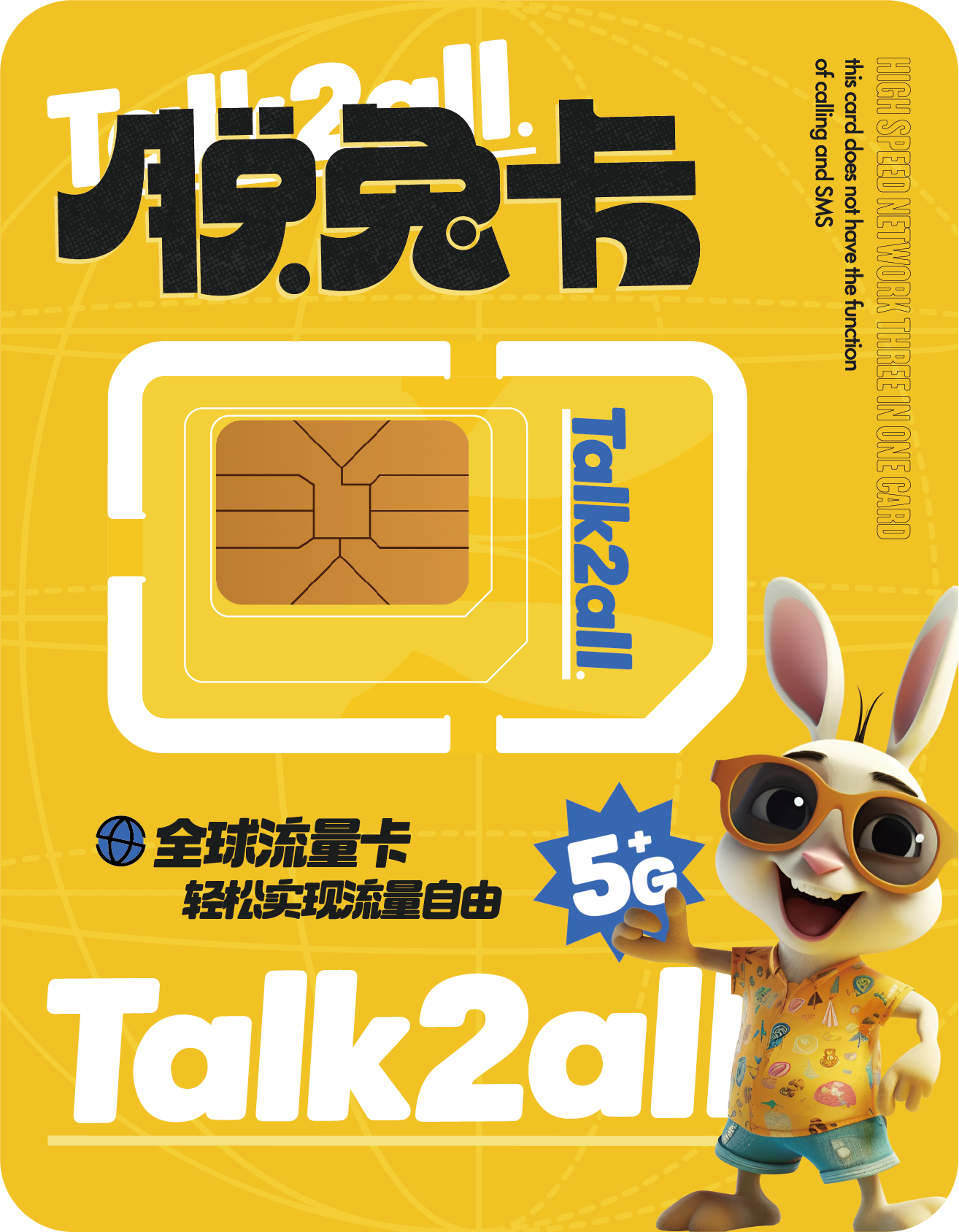No internet access abroad? Here's a review of 4 ways to connect to the internet, so you won't have to worry about which one to choose!
Traveling abroad for leisure or business,
the worst thing is not having internet!
Unable to contact family,
unable to send documents or photos,
and unable to open navigation or ride-hailing apps ,
it's incredibly frustrating!
So, how should you access the internet abroad?
We'll explain four methods in one go,
so you won't be confused after reading!

Option 1: International Roaming
· Advantages: Convenient and quick; no need to change SIM cards, simply call your mobile operator or use your preferred mobile app to activate it.
· Disadvantages:
① Expensive, ranging from tens to hundreds of dollars; roaming fees for a single trip can almost equal the cost of a round-trip airfare;
② Domestic data cannot access international apps, limiting daily travel, restaurant bookings, and attraction tickets.
· Suitable for: Those who prefer short trips and have a sufficient budget can prioritize this option.

Option 2: Portable WiFi
· Advantages: Can create a hotspot, allowing multiple people to share data.
· Disadvantages:
① Rental procedures are cumbersome abroad, with long queues and time-consuming processes;
② Needs to be carried around, making it bulky and cumbersome;
③ Requires frequent charging, and prolonged use may result in power outages and network disconnections.
· Suitable for: Families or groups traveling together; not recommended for those seeking a more relaxed travel experience.

Option 3: International SIM card
· Advantages: Can receive local calls and text messages, convenient for contacting local tour guides and drivers.
· Disadvantages:
① In some countries, such as Northern Europe, the cost of living is high, and SIM cards will also be expensive;
② Once the data limit is reached, you can only top up at a local service center or by downloading an app, and language barriers can easily lead to problems;
③ If your trip involves multiple countries, you will need to frequently buy and change SIM cards, making it less cost-effective.
· Suitable for: Most suitable for single-country travel.

Option 4: Global Data SIM Card
· Advantages:
① Can receive messages from domestic apps and access international applications;
② Affordable with various plans to choose from;
③ No real-name registration required, no need to frequently change SIM cards.
· Disadvantages: There are too many unreliable data SIM cards on the market, either with unstable networks or scams, making it easy to fall into a trap.
· Suitable for: Those seeking cost-effectiveness.
In summary,
global data SIM cards offer more significant advantages.
So how do you choose a stable and reliable data SIM card?
Look for official, reputable brands
like Talk2all data SIM card.

① Covers 200+ countries and regions, including popular destinations in Southeast Asia, Europe, America, Japan, and South Korea;
② No real-name registration required, plug and play, supports hotspot sharing;
③ Local 4G/5G high-speed network, data as low as 1.5 yuan/day;
④ Supports access to international apps such as Google Maps and Uber;
⑤ Recharge online anytime when the data runs out, and continue using as long as you top up;
⑥ Offers single-country and multi-country bundled packages, allowing you to manage multi-country trips with just one card.
Apply for a Talk2all data SIM card online.
Search for "Talk2all" on JD.com
and apply for your desired plan with one click.
Have a pleasant journey!

